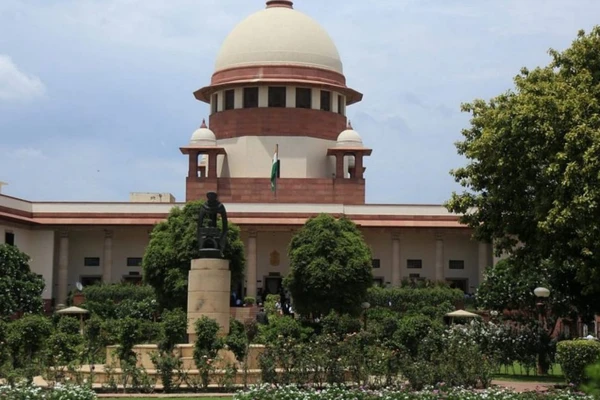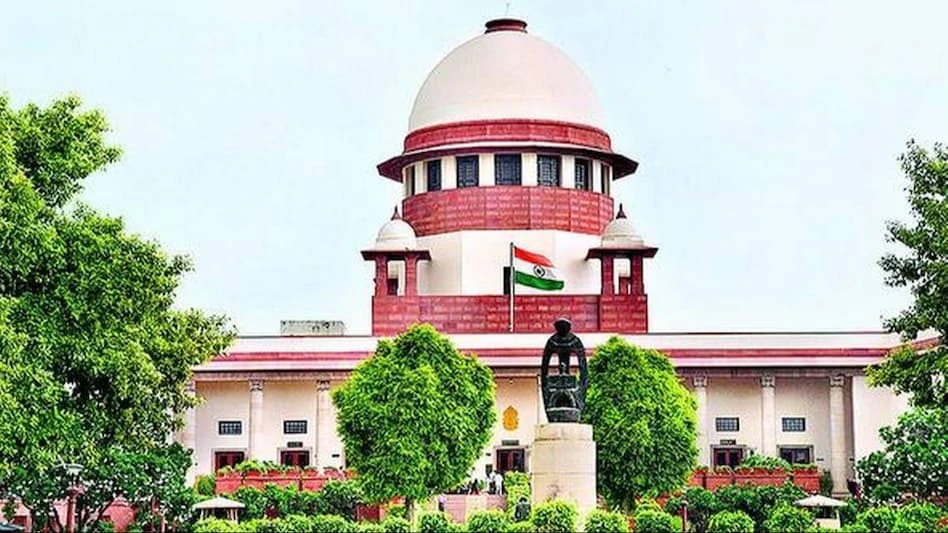The Supreme Court instructed six states to appoint state commissioners under the Disabilities Act.
Key Issues in RPwD Act Implementation:
- State Commissioners for Persons with Disabilities (PwDs) have not been appointed in Andhra Pradesh, Chhattisgarh, Jharkhand, Punjab, Tripura, Uttar Pradesh, Andaman and Nicobar, Lakshadweep, and Chandigarh.
- The role of State Commissioners is vital for monitoring fund usage and ensuring effective RPwD Act implementation.
- A State Fund for PwDs under Section 88 has not been created in Gujarat, Himachal Pradesh, Kerala, Mizoram, West Bengal, Delhi, Daman Diu, Jammu and Kashmir, and Ladakh.
- Special Courts and Special Public Prosecutors have not been appointed in Arunachal Pradesh and West Bengal.
- These courts are essential for speedy trials in cases involving PwDs.
- Public prosecutors have not been appointed in special courts in Chhattisgarh and Daman Diu.
- Assessment boards for issuing disability certificates and providing necessary support are missing in several regions.
- An authority for limited guardianship has not been established.
- This is crucial for enabling joint decision-making between the guardian and the PwD based on mutual understanding and trust.
About the RPwD Act 2016:
- The Rights of Persons with Disabilities (RPwD) Act was enacted in April 2016.
- It aims to enforce the rights and promote the welfare of persons with disabilities across India.
- The Act aligns with the United Nations Convention on the Rights of Persons with Disabilities.
- It ensures comprehensive measures are in place to support this population segment.
- It is administered by the Ministry of Social Justice & Empowerment (MoSJ&E).
- The ministry oversees the Act’s implementation and adherence.
Key Features of the RPwD Act:
- The Act covers 21 disabilities, including a range of physical and intellectual disabilities, mental illness, blood disorders, and neurological conditions.
- It ensures the right to free education for children aged 6 to 18 years who have benchmark disabilities.
- This aids their integration into mainstream educational systems.
- The Act specifies reservations:
- 5% reservation in government and government-aided higher educational institutions.
- 4% reservation in government jobs.
- Penalties are established for offences against persons with disabilities.
- These serve as a deterrent against discrimination and harm.
- Each state is required to form a committee focused on disability issues.
- This enhances localized support and research for the disabled.
- The Act outlines the salary, allowances, and terms of service for the State Commissioner.
- This highlights the support structure designed to uphold the rights of disabled persons.
Ref:Source
| UPSC IAS Preparation Resources | |
| Current Affairs Analysis | Topperspedia |
| GS Shots | Simply Explained |
| Daily Flash Cards | Daily Quiz |



